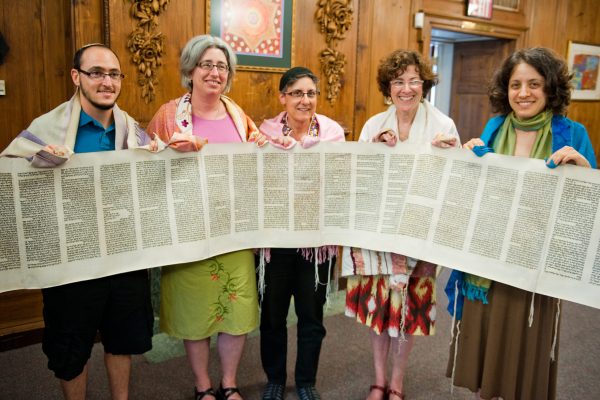Oh, Israel, “Like milk and honey, it lies under your tongue.”*
We bring in the wheat from Your fields and bake bread
We gather the first fruits of Your harvest
We observe the minhagim
We participate in the Akharit
“…you, O mountains of Israel, shall yield your produce and bear your fruit for My people Israel…”**
We embrace the laws of kashrut
We eat only dairy during this hag
We acknowledge the bounty You provide
We begin a new season of growth and blooming
“How beautiful are your tents, O Jacob, your dwellings, O Israel.”***
We read the Akdamut, a poem of praise for HaShem, Torah, and Israel
We read the Book of Ruth and speak her of her unending hesed
We decorate our homes and synagogues with gorgeous greenery
We study Torah all through the night
“You shall enjoy, together with the Levite and the stranger, all the bounty which HaShem has bestowed upon you.”****
We remember that we wandered through the desert
We remember how we congregated at the foot of the mountain
We remember how we were freed from Egypt seven weeks ago
We remember that we received Torah and promised to follow the laws of HaShem
Shavuot reminds us of where we were
Shavuot reminds us of how far we have come
Shavuot reminds us of the strength of our forebears
Shavuot reminds us to be grateful for the gifts we receive
And Shavuot reminds us how far we have yet to go
*Song Of Songs 4:11
**Ezekiel 36:8
***Numbers 24:5
****Deuteronomy 26:11











